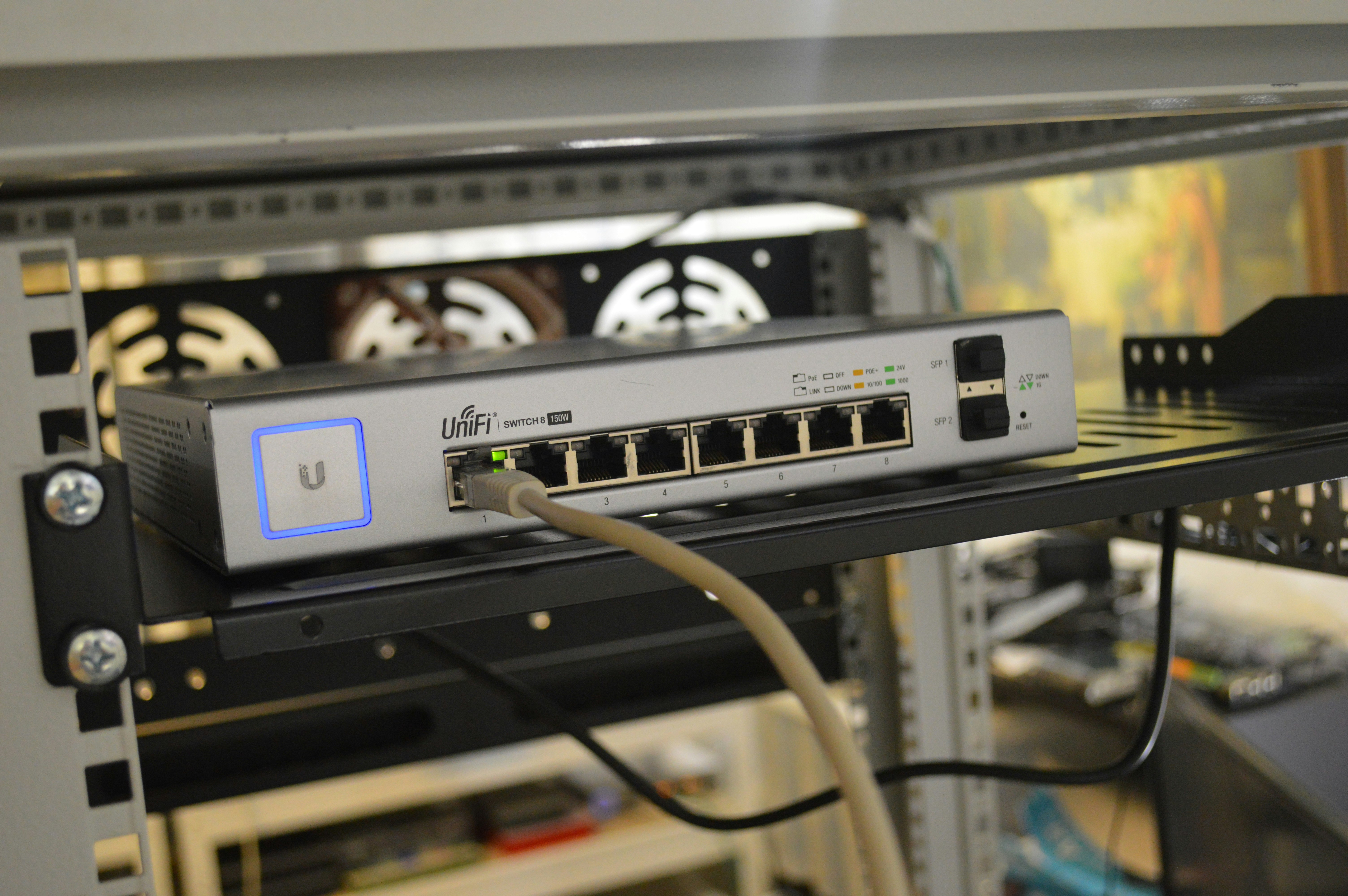Customising Corporate Postpaid Solutions for Multi-Branch Enterprises
-
April 7, 2025
-
7 min read

Suppose there is a business with multiple offices spread across different cities. Each branch has its own mobile connections, separate bills, and varied network performance. Managing costs, having smooth communication, and maintaining security across all locations becomes a complex challenge. This is where customised corporate postpaid solutions make a difference.
A custom corporate postpaid plan centralises communication, streamlines billing, and provides uniform benefits across all branches. It eliminates inefficiencies, enhances data security, and maintains uninterrupted connectivity, helping enterprises operate smoothly without telecom-related disruptions.
Read on to know how businesses can optimise corporate postpaid solutions to improve connectivity, reduce costs, and boost productivity, while benefiting from hassle-free collaboration across multiple locations.
Challenges in Managing Connectivity for Multi-Branch Enterprises
Managing a multi-branch business comes with several telecom-related challenges. A well-structured corporate postpaid solution can address these issues effectively.
1. Inconsistent Connectivity Across Locations
Different branches may experience varying network strengths and service quality. Urban offices typically enjoy high-speed connectivity, while semi-urban or rural branches may struggle with weak signals. Having uniform and reliable connectivity across locations is crucial.
2. Cost Overruns Due to Unmanaged Mobile Expenses
Without a structured corporate plan, businesses often face unpredictable postpaid bills. Employees may subscribe to individual plans with varying tariffs, leading to inefficiencies and higher expenses.
3. Lack of Centralised Control and Monitoring
Enterprises without a centralised postpaid solution often struggle to monitor usage, leading to unregulated data consumption and unnecessary expenditures. A tailored corporate plan can help businesses track data, calls, and overall usage in real time.
4. Compliance and Security Risks
Unsecured mobile connections increase the risk of data breaches, especially when employees use personal numbers for business communications. A corporate postpaid plan with security features means you benefit from encrypted communication and protects sensitive business data.
Key Considerations When Customising a Corporate Postpaid Solution
Here are some important considerations to keep in mind when you customise corporate postpaid solutions:
1. Unified Plans for Cost Efficiency
Enterprises should opt for a centralised corporate postpaid plan that consolidates billing, offering pooled data, voice, and messaging services. Bulk subscriptions typically come with cost benefits, allowing businesses to optimise their telecom expenses.
2. Network Coverage and Reliability
Selecting a provider with nationwide coverage helps you make sure that employees remain connected regardless of location. Businesses should assess coverage maps, conduct field tests, and evaluate network reliability before finalising a service provider.
3. Data and Voice Consumption Patterns
Understanding branch-wise mobile usage patterns helps in designing the right postpaid plan. If certain branches require higher data consumption due to remote work or video conferencing, the plan should allocate sufficient bandwidth accordingly.
4. Integration with Internet Leased Lines for Better Connectivity
For businesses requiring high-speed and dedicated bandwidth, integrating dedicated internet leased lines with corporate postpaid services helps maintain a robust communication infrastructure. Internet leased lines offer guaranteed speed, minimal downtime, and high security—making them ideal for enterprises with multiple locations.
5. Roaming and International Usage
Enterprises with frequent travel requirements should consider postpaid plans that offer convenient domestic and international roaming at competitive rates. Customising the plan to include roaming packs means you enjoy cost savings and uninterrupted connectivity.
6. Security and Enterprise Mobility Management (EMM)
A corporate postpaid solution that solves all their security concerns:
-
AI-Powered Network Protection: Airtel provides intelligent, network-level security with built-in spam protection and real-time blocking of malicious links through the AI-powered Airtel Fraud Detection Solution. Airtel is the first telecom operator in India to offer embedded security at the network level, ensuring always-on protection for business communications.
-
Mobile Device Management (MDM): Allows IT teams to control and monitor corporate devices.
-
End-to-End Encryption: Protects business calls and messages from cyber threats.
-
SIM-Based Authentication: Ensures secure access to enterprise applications.
7. Scalability and Flexibility
A well-designed postpaid solution must be scalable to accommodate business growth. Adding new branches or employees should be smooth, with flexible options to upgrade plans as per evolving business needs.
8. Optimising Costs with Data and Usage Analytics
Managing telecom expenses across multiple branches can be complex without proper insights. A customised corporate postpaid plan should include:
- Real-Time Usage Tracking: Provides detailed analytics on call durations, data consumption, and branch-wise usage patterns.
- Automated Cost Controls: Enables businesses to set spending limits, preventing excessive usage and unexpected charges.
- Customised Data Allocation: Allows enterprises to distribute data efficiently based on department needs, which means no wastage.
By leveraging data-driven insights, enterprises can optimise costs while maintaining efficient communication across all locations.
9. AI and Automation
Modern enterprises are increasingly adopting AI-driven tools and automation to enhance telecom management. Customised corporate postpaid solutions with AI integration provide:
- Automated Expense Monitoring: AI-powered dashboards track usage patterns and alert businesses to unusual spikes in costs.
- Predictive Data Allocation: Machine learning algorithms analyse past usage to recommend optimal data and call allowances for each branch.
- Intelligent Network Optimisation: AI guarantees prioritised bandwidth for critical applications, improving operational efficiency.
By leveraging AI and automation, enterprises can eliminate inefficiencies, optimise spending, and maintain uninterrupted connectivity.
Best Practices for Implementing Corporate Postpaid Solutions
- Conduct a Telecom Audit: Before customising a corporate postpaid solution, businesses should assess their existing telecom usage. Identifying inefficiencies helps in selecting the most suitable plan.
- Choose a Provider with Strong Business Support: Opting for a provider that offers dedicated enterprise support means quick issue resolution and service continuity.
- Implement Usage Policies: Setting clear policies on mobile and data usage prevents unnecessary expenses and enhances security.
- Regularly Review and Optimise Plans: Businesses should conduct periodic reviews to make sure that the corporate postpaid plan aligns with changing requirements. Upgrading or downgrading plans based on usage trends helps in cost optimisation.
- Leverage Bundled Services for Cost Savings: Combining corporate postpaid plans with office broadband internet solutions and internet leased lines provides a cost-effective and comprehensive connectivity solution.
Airtel Corporate Postpaid Services: An All-in-One Business Solution
Airtel corporate postpaid services offer a tailored communication solution for enterprises seeking hassle-free connectivity, cost control, and security. Designed to support hybrid and on-the-go workforces, the plans go beyond basic connectivity, maintaining secure communication, cost savings, and better control over mobile usage.
Top Features and Benefits of Airtel Corporate Postpaid Services
- Superfast Speed: Get 30x faster upload/download speeds with Airtel 5G Plus, which means enjoying a superior video call and browsing experience.
- Data Rollover & Pooling: Employees can access aggregated data beyond individual limits, optimising data usage across the enterprise.
- Cost Savings with GST Benefits: Businesses can avail of 18% GST savings, reducing overall mobile communication expenses.
- International Roaming Plans: Cost-effective plans covering 180+ countries, ensuring uninterrupted connectivity for frequent travellers.
- Workforce Tracking: TraceMate allows enterprises to track on-field employees, improving accountability and productivity.
- Easy Number Retention: Retain valuable business contact numbers, even after employees leave the organisation.
- Easy Account Management: A centralised dashboard helps enterprises manage bills, service requests, plan upgrades, and employee details effortlessly.
- Dedicated Relationship Manager: Get personalised support and quick issue resolution with a dedicated business account manager.
- Zero Downtime SIM Delivery: Quick, hassle-free SIM activation without disruptions to ongoing business operations.
- AI-Powered Network Protection: Airtel offers intelligent, network-level security with spam filtering and real-time malicious link blocking. As India’s first telco with embedded AI security, we ensure always-on protection for business communications.
Airtel corporate postpaid services provide enterprises with the tools needed for efficient telecom expense management, high connectivity, and better workforce mobility.
Winding Up
Customising corporate postpaid solutions is essential for multi-branch enterprises seeking uninterrupted communication, cost efficiency, and enhanced security. A well-structured plan means you can capitalise on centralised billing, scalable data and voice services, and uninterrupted connectivity across all locations.
By integrating postpaid solutions with reliable internet leased lines and office broadband internet solutions, businesses can improve operational efficiency and support future growth.
For enterprises looking for a trusted telecom partner, Airtel corporate postpaid services offer custom solutions with nationwide coverage, advanced security, and dedicated business support.
With flexible plans and smooth integration, Airtel helps businesses optimise their communication infrastructure, maintain reliability and control costs across multiple branches.
 Share
Share









